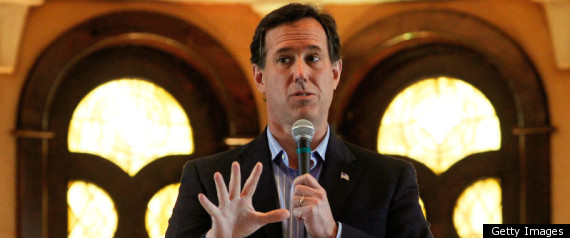Amid the ocean of reports full of both misinformation and disinformation regarding Israel's likely plans concerning Iran's nuclear project, not enough attention is being paid to what is already happening, as opposed to what may or may not happen.
I'm referring to the interesting and seemingly successful Israeli strategy of getting close to countries surrounding Turkey. The latest was the visit of PM Netanyahu in Cyprus and the unprecedented agreement signed between the two countries which would allow Israeli troops, both naval and aerial, to be stationed in the small island nation in times of emergency.
PM Netanyahu is a right-wing Israeli leader, the lightening rod of many left-wingers all over the world. His host was President Demetris Christofias, a member of the AKEL party, the communist party of Cyprus, the only communist leader of any member nation of the EU. What seemed to be political science fiction just some time ago became a reality, and this is just one example of the shifting sands of Mediterranean and South European politics.
Some weeks ago, the leader of Muslim Albania visited in the Knesset and gave a rousing pro-Israel speech. Netanyahu also cemented close, personal relationships with former left-wing Greek PM George Papandreo, the son of Andreas Papandreo, whose term as Greece's PM was characterized by well-displayed public enmity towards Israel. Simultaneously, Israel has solidified its friendly relations with Bulgaria and Romania.
































